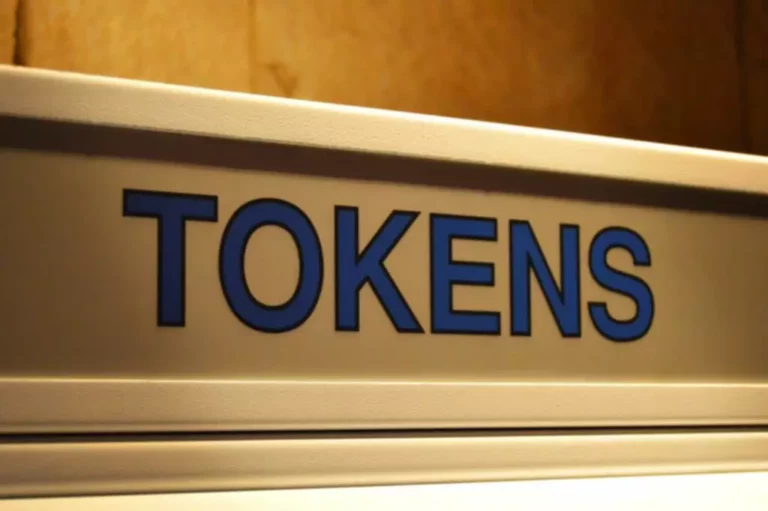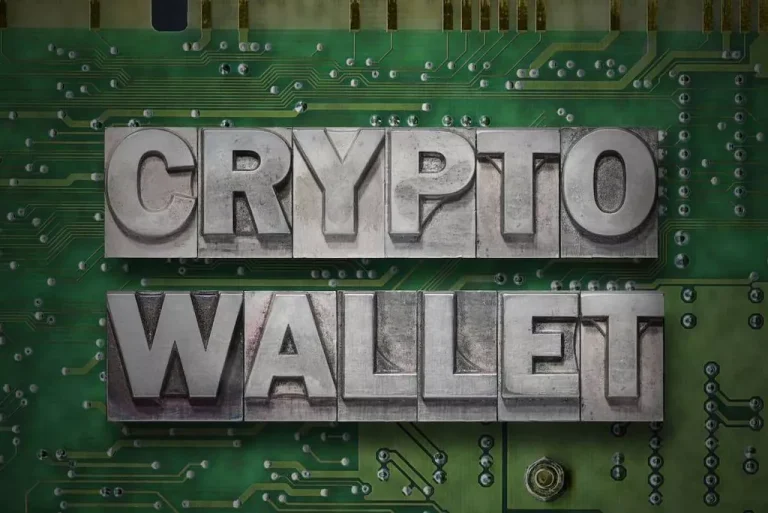Personal Blockchain Improvement Providers Create Your Personal Non-public Blockchain
Public transactions present immutability and transparency, while non-public transactions provide privateness and confidentiality. This combination of security measures enhances the overall security of hybrid blockchains. Private blockchains offer the next difference between public and private blockchain degree of privacy in comparability with public blockchains.

Public Vs Non-public Blockchain For Asset Tokenization

So, the rest of the sensitive data just isn’t shared with the third party, which gives privacy to Mos. There is sensitive info or improvements between organisations as properly. Consortium blockchain effectively tackles such organisational exchanges. The following part will give an summary of the consortium blockchain community.
- In an enterprise setting, both non-public and public blockchains are suitable, if appropriate options are chosen.
- The worth doesn’t change dramatically relying on the quantity of requests made; it stays constant, accurate, and cheap.
- Despite their similarities, understanding these differences is crucial for enterprises considering blockchain technology.
What Are The Four Different Sorts Of Blockchain Technology?
To acquire access to a private blockchain network, individuals must obtain an invitation and verify their id or provide the required information. A federated or consortium blockchain is just like a private blockchain however with a couple of adjustments. In such a kind of blockchain, just some elements of the organisation stay open to the public while the rest stay personal. There are preset nodes that handle the consensus mechanism of this network; nonetheless, there is a catch.
Platform Technique: Build, Develop, Monetize, And Lead Digital Platforms

On the other hand, personal blockchains aren’t clear, that means that solely licensed members can view transactions. One of the key differences between private and non-private blockchains is decentralization. Ultimately, blockchain know-how is gaining popularity and quickly gaining enterprise help. Every considered one of these types of blockchain has potential applications that can improve trust and transparency and create a better document of transactions. In a consortium blockchain, the consensus procedures are managed by preset nodes.
Key Features Of Public Blockchains
If the right features are adopted, both personal and public blockchains may be used in a company setting. The public blockchain is completely decentralized and nobody controls the network. Once the knowledge is absolutely verified on the blockchain, cyber attacks can not change or tamper with the data.
Blockchain expertise is a means of making a shared database which may document and observe transactions; just isn’t centralised and could be very clear. Once data is fed within the database, it is rather tough to be removed and therefore the proponents of this know-how strongly consider that it will make it resilient to fraud. With private blockchains, efficiency and immutability are prioritized over the safeguarding of user identities and transparency. Because they’ve less users within the centralized network, they can course of more transactions as a result of less time is needed to achieve a consensus to validate a transaction. Unlike public blockchains the place the identity of people are largely nameless, the id of individuals concerned on a personal blockchain is known. Only chosen customers may maintain the shared ledger while the owner can override, edit, or delete entries on the blockchain as they see fit.
You might even see it as a method to maintain transparency on a blockchain, however from a business perspective, it is a huge issue. Every organisation has some important knowledge that is the reason for its success. It won’t want to publicise that knowledge at any value as its opponents may reap the advantages of it. Blockchain technology has been a game-changer in the finance industry, streamlining transactions and enhancing security. Blockchain applications in finance additionally embrace good contracts, cross-border payments, and tokenization of property. In a personal blockchain, it is established ahead of time who’s certified to hitch the consensus and who is not.
On the other hand, in a public blockchain, members are free to take part, avail advantages from the system; there aren’t any restrictions in becoming a member of the consensus process. But there could be lots of sensitive information that needs to be strictly regulated. For instance, the date of start or other well being information of the child. If we publicise them on the permissionless community, anyone can entry such irreversible information.

Our Tokenization SaaS resolution allows the issuance, buying and selling, and custody of security tokens for private market belongings. We have been granted Capital Markets Services and Recognized Market Operator licenses by the Monetary Authority of Singapore to deal in and function an organized market for securities, respectively. Public blockchains are immutable, meaning that when a transaction is added to the blockchain, it can’t be modified or deleted. This makes public blockchains a perfect platform for making a tamper-proof ledger.
We already know that after a block gets on the chain, there is no chance the block could be amended, let alone, be deleted. The cost doesn’t drastically differ on the variety of requests made; it remains fairly constant, precise, and low. Public blockchain platforms generally have the next transaction value as in comparison with the private blockchain platforms.
However, the government requires it in numbers for identifying the attain of vaccination and to calculate stock availability. For instance, if there are 100 infants to be immunised and there are n number of immunisation centres. Using public blockchain technology, every immunisation centre collects the info and publishes it on the official web site. It indicates they can course of transactions more rapidly and efficiently. The fantastic factor about a public blockchain is that it’s utterly clear and open. Thus it makes it simple to track and verify transactions with out counting on a government.
Healthcare industries can use blockchain to have a historic retailer of all their operations. The knowledge can be added by docs and medical professionals like the cost of remedy, patients particulars, and prognosis. Though the info can be considered by everyone, the data can’t be modified. Blockchain the model new age technological growth has made life less complicated and extra systemised for most of the people and industries on the market. Blockchain is a ledger constructed in a digital format distributed across the network of laptop systems, making a block.
The system is decentralized and doesn’t have any entity which supervises or controls the community. Data on a public blockchain is secure as it is not attainable to change or alter information as soon as they are validated. Consortium blockchains are more secure, scalable, and efficient than public blockchains. It has entry management just like that of private and hybrid blockchains. With a low diploma of transparency and infiltration, it is commonly used in banking and other payment-related operations. Ultimately, the choice between private and non-private blockchains should be based on the precise wants of your business.
Verifiable Credentials are a type of digital doc that allow individuals and organizations to prove their id, claims, and skills in a safe and decentralized method. This is the killer application for the security token trade bringing authorized and compliant liquidity swimming pools to any built-in digital asset. Firstly and most importantly, every digital asset that matters is issued on a public blockchain (such as Bitcoin, Ethereum, 10,000+ alt cash, stablecoins, DAOs, NFTs and security tokens). You can only entry and connect with the facility of DeFi innovations on public blockchains. Public blockchains are fully decentralized, that means there is not a central authority or organization that controls the network.
Read more about https://www.xcritical.in/ here.
